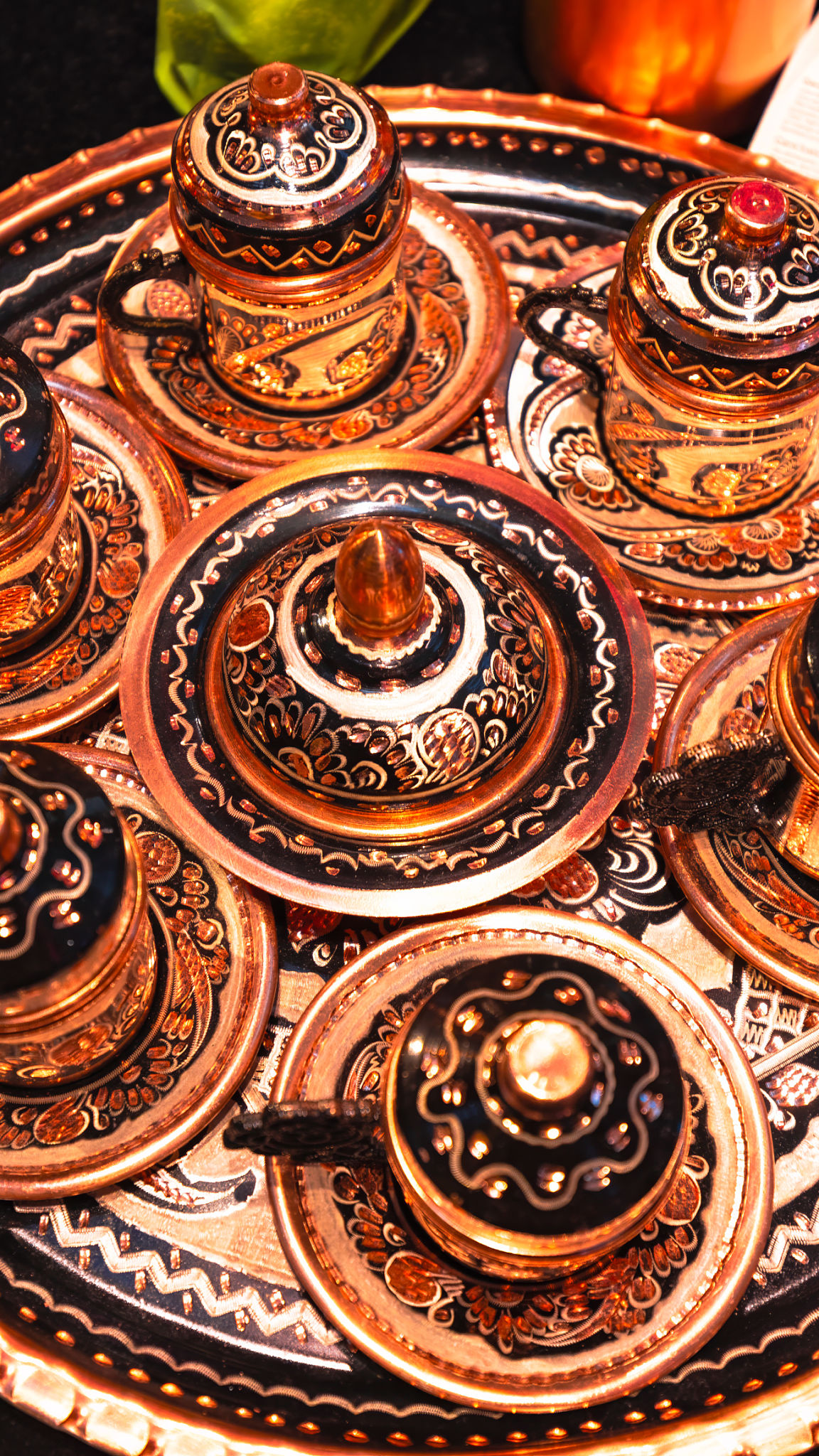Expert Insights: Navigating Japanese Culture as a Muslim Traveler
Understanding Japanese Culture
Traveling to Japan as a Muslim offers a unique opportunity to explore one of the world's most fascinating cultures. Known for its rich history, stunning landscapes, and technological advancements, Japan is a destination where tradition and modernity coexist harmoniously. However, understanding cultural nuances is essential for a rewarding experience.

Japanese society is deeply rooted in traditions that influence daily life. From the art of bowing to the importance of punctuality, demonstrating respect and understanding of these customs can significantly enhance your travel experience. As a Muslim traveler, it is beneficial to appreciate the similarities and differences you may encounter.
Dietary Considerations
One of the primary concerns for Muslim travelers is finding halal food. In recent years, Japan has made notable strides in catering to Muslim dietary needs. Many restaurants now offer halal options, and some cities even host halal food festivals. However, it's always wise to double-check for halal certification or ingredients used in dishes.

Supermarkets often stock halal products, and many convenience stores offer vegetarian options that may suit your dietary restrictions. To be cautious, consider packing some snacks or instant meals, especially when traveling to rural areas where halal options may be limited.
Prayer Facilities and Religious Practices
Japan's growing awareness of Muslim travelers' needs means that prayer facilities are becoming more common. Airports, major train stations, and some shopping malls now provide prayer rooms. It's helpful to plan your day around prayer times and identify these facilities in advance.

In areas where dedicated prayer spaces are unavailable, you might find quiet corners in public parks or other discreet locations for prayer. Be mindful of local customs and use a prayer mat to maintain cleanliness.
Communicating with Locals
While English is spoken in tourist areas, learning basic Japanese phrases can be beneficial. This not only helps in navigation but also shows respect for the local culture. Simple greetings like "Konnichiwa" (hello) and "Arigatou" (thank you) can go a long way in building rapport with locals.
If language becomes a barrier, technology can be your ally. Translation apps are widely used and can assist in bridging communication gaps. Additionally, carrying a pocket dictionary or phrasebook can be useful during interactions.
Embracing Cultural Experiences
Japan offers an array of cultural experiences that are both enriching and enjoyable. Participating in a tea ceremony or joining a local festival can provide insights into Japanese traditions. These activities often foster a deeper understanding of the cultural context and create memorable experiences.

Remember to dress modestly when visiting temples and shrines, as this aligns with both Islamic principles and local customs. Respecting these sacred spaces contributes to positive cultural exchanges and enhances your journey.
Sensitivity and Respect
As with any travel destination, demonstrating cultural sensitivity is crucial. Japan places significant emphasis on harmony and respect. Be mindful of noise levels in public spaces, adhere to queue systems, and maintain cleanliness at all times.
Understanding social cues and practicing patience can greatly enhance your travel experience. By embracing the local culture with an open mind, you can navigate Japan as a Muslim traveler with ease and enjoyment.
